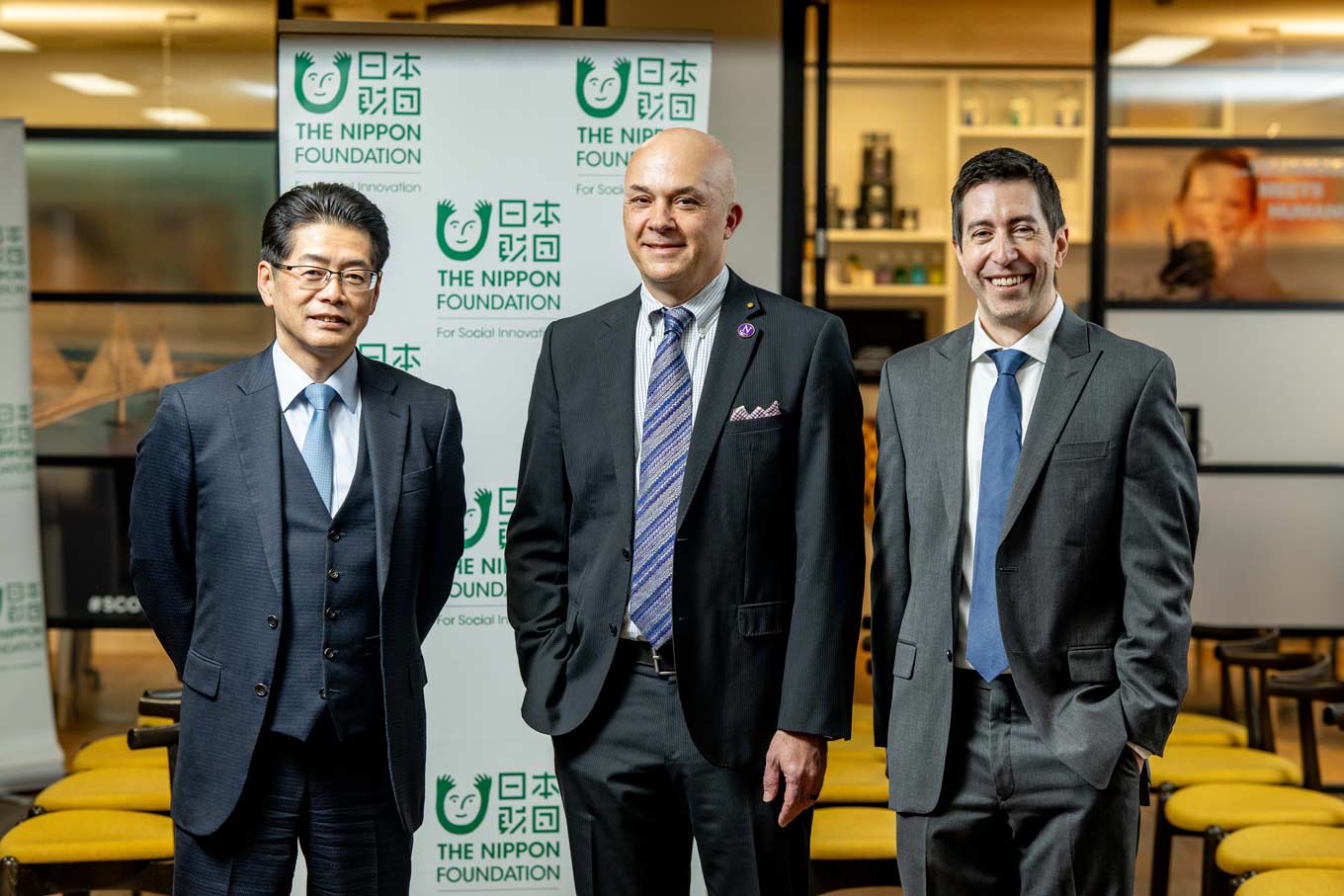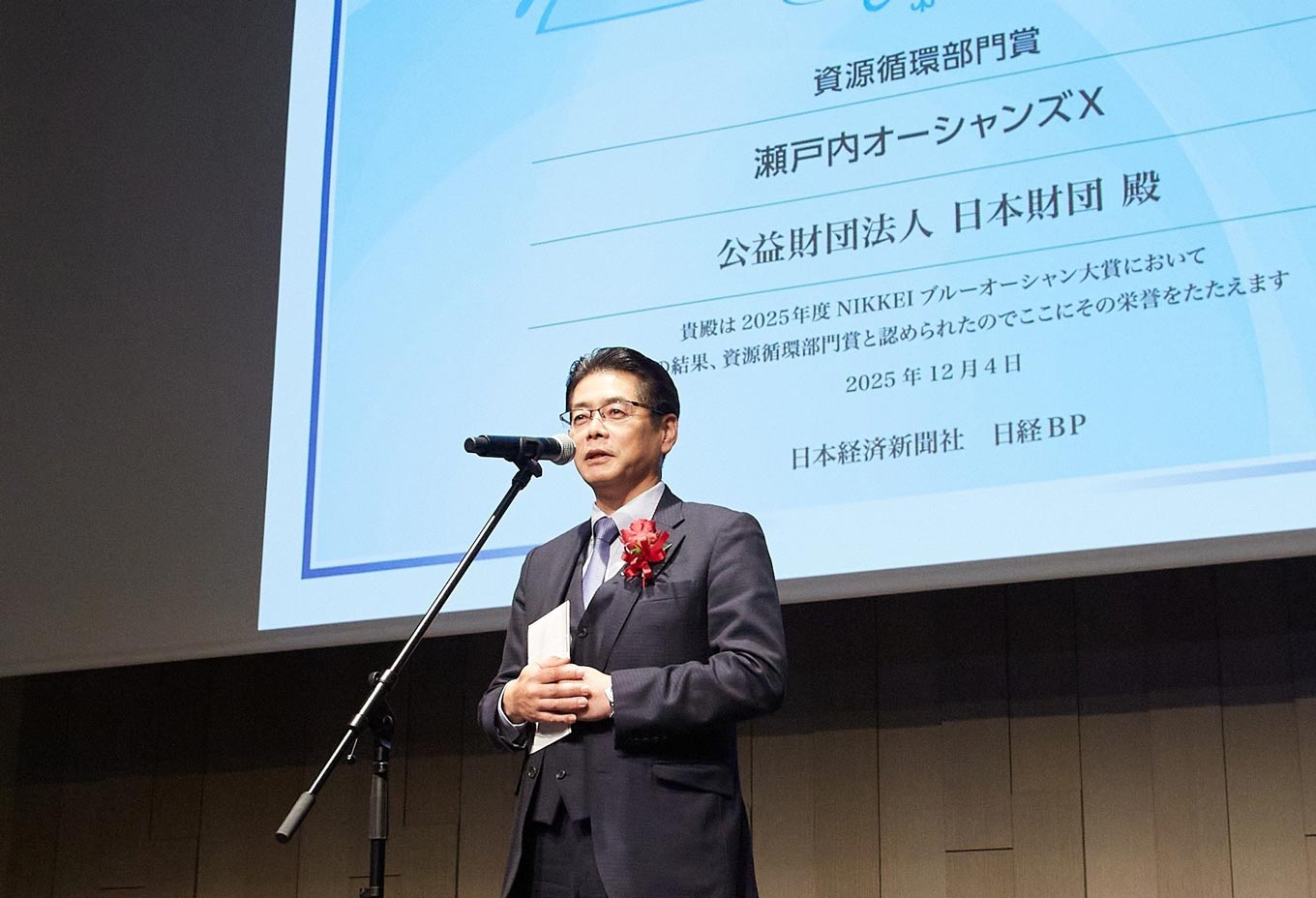Latest Employment Survey of College Graduates with Disabilities in ThailandMajor workplace trends for employees with disabilities identified
The Nippon Foundation, in cooperation with the Social Innovation Foundation of Thailand and TSIS Limited Partnership, has conducted a survey of college graduates in Thailand on the hiring of people with disabilities and their integration into workplaces. The report sheds light on the main factors affecting employment and offers recommendations for the creation of workplace environments in which people with disabilities can work comfortably. The survey results were announced at on online workshop held on February 14, 2025, in which many people in Thailand, including representatives of organizations supporting people with disabilities and organizations of people with disabilities, as well as employers, government officials, and members of the media, participated.
Research Overview
A survey was carried out among 423 college (university or vocational school) graduates who are working at a workplace, and six group discussions were held among people who are looking for work, people who are not yet looking for work, their families, employers, and members of organizations supporting people with disabilities. The results form a set of basic data for understanding the actual situation for people with disabilities who are looking for work and issues involved in their being able to continue working.
Key Findings
Issues for individuals
Possibilities for job satisfaction and workplace retention vary depending on the person’s gender, type of disability, academic background, and the time at which they began looking for a job. In particular, there was a trend of people with deeper academic backgrounds having better job-seeking experiences.
Issues at workplaces
The relationship between what a person has studied and their job, and whether they have received support from disability support services as students or during their job search, affect their experience after being hired. Those who received disability support services tended to have greater job satisfaction, but that did not necessarily lead to long-term retention.
Employment quality and stability
Compensation, other workplace accommodations, and on-the-job training had a major effect on stable employment.
Issues and Recommendations Going Forward
The report noted that stronger support immediately after hiring, closer coordination with employers, and greater workplace considerations are important in facilitating continued employment for people with disabilities.
The full report (in English and Thai) can be downloaded via the links below. We hope that this will lead to greater cooperation among parties involved to create workplaces that make it easier to support the employment of people with disabilities in Thailand.
Contact
Global Issues Department, Social Inclusion Team
The Nippon Foundation
- Yosuke Ishikawa, Yoshio Nakagawa
- Email: 100_inclusion_suishin@ps.nippon-foundation.or.jp



